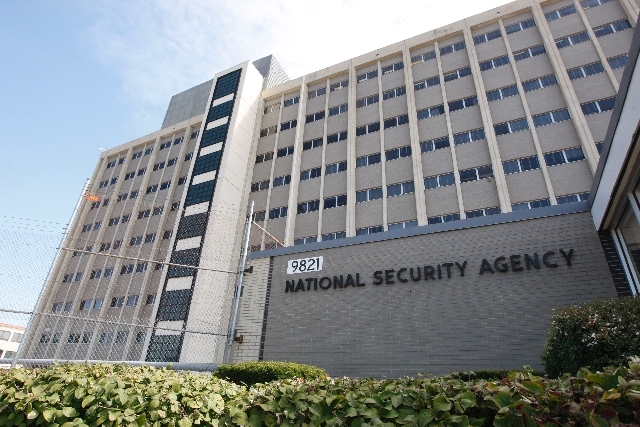Filing: Government doesn’t want challenge to surveillance
CHICAGO -- Lawyers for a U.S. citizen charged with terrorism in Chicago said Friday in a filing that the government is purposely dodging questions about whether it used expanded secret surveillance programs against their client in a calculated bid to ensure the hotly debated practices can’t be challenged in the Supreme Court.
The claim came in an early morning filing at federal court in Chicago by attorneys for Adel Daoud. The 19-year-old, of Hillsdale, is accused of trying to ignite what he thought was a car bomb outside a bar last year in Chicago. Daoud, whose trial is set for Feb. 3, has pleaded not guilty to attempting to use a weapon of mass destruction and other charges.
In their own filing last week, federal prosecutors refused to say whether they used far-reaching surveillance programs to launch their two-year investigation of the suburban teenager, saying they were under no legal obligation to spell out just what led to an FBI sting focused on Daoud.
Recent leaks by a former National Security Agency contractor, Edward Snowden, revealed that a secret Foreign Intelligence Surveillance Court, or FISA court, authorized one program that gathers U.S. phone records and another that tracks the use of U.S.-based Internet servers by foreigners with possible links terrorism.
Friday’s 13-page defense filing argues the government’s refusal to confirm or deny whether it used those programs left defense attorneys legally hamstrung: With no answer, they have no grounds to mount a challenge to the programs’ constitutionality, and yet prosecutors could still use the evidence at trial.
“Whenever it is good for the government to brag about its success, it speaks loudly and publicly (about its surveillance methods),” the filing says. “When a criminal defendant’s constitutional rights are at stake, however, it quickly and unequivocally clams up under the guise of state secrets.”
A message seeking comment was left early Friday with the U.S. Attorney’s Office in Chicago. Federal prosecutors typically do not comment on pending cases.
U.S. District Judge Sharon Johnson Coleman, who is overseeing Daoud’s case, has said she will hear oral arguments soon on the dispute. She could order government attorneys to state clearly if they used the expanded surveillance or she could agree with prosecutors that they are under no obligation to do so.
The main point of contention in Daoud’s case, as in much of the national debate over U.S. surveillance, is the secret FISA court - set up by the 1978 Foreign Intelligence Surveillance Act.
FISA amendments adopted by Congress in 2008 allow the government to obtain broad intercept ordrs from the court - raising the prospect that calls and emails between foreign targets and innocent Americans could also be subject to surveillance.
In February, the Supreme Court voted 5-4 to throw out an attempt by U.S. citizens to challenge the 2008 expansion of FISA on grounds they could not prove the government will monitor their conversations along with those of potential foreign terrorist and intelligence targets.
But the high court added that its decision did not insulate the FISA expansion from judicial review, and it suggested a couple of ways a challenge could be brought, including a scenario in which an American lawyer did get swept up in FISA monitoring.
Prosecutors have said the investigation of Daoud began in 2011 when the FBI detected he was active on extremist Internet forums and sites in which he inquired about killing Americans. By 2012, undercover agents posing as terrorists had engaged Daoud in email conversations, telling him they would help him stage an attack. On Sept. 14, 2012, Daoud allegedly drove a Jeep Cherokee to the Chicago bar with what he thought was a bomb inside. After he pushed a mock triggering device, FBI agents moved in and arrested him.






















